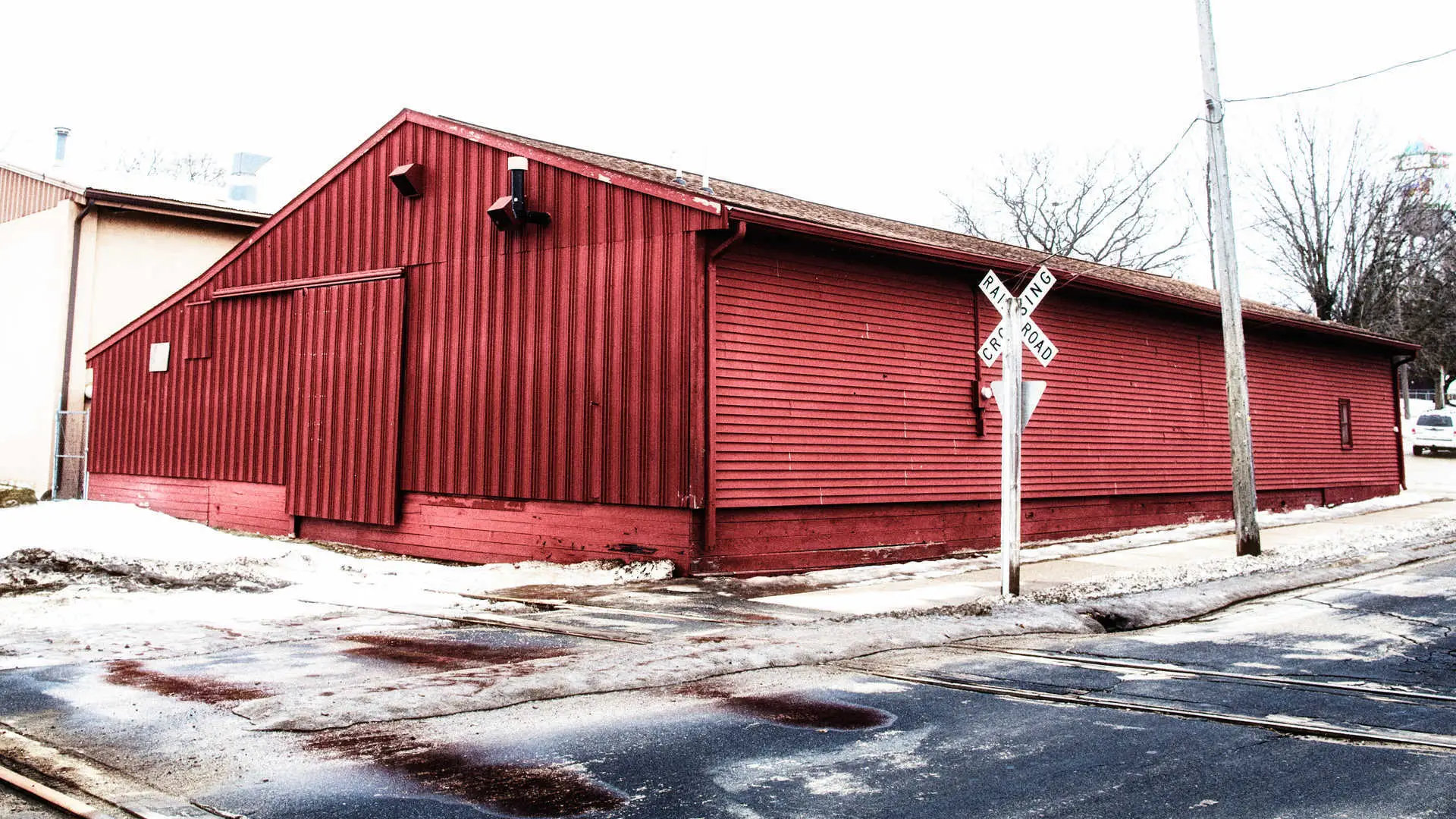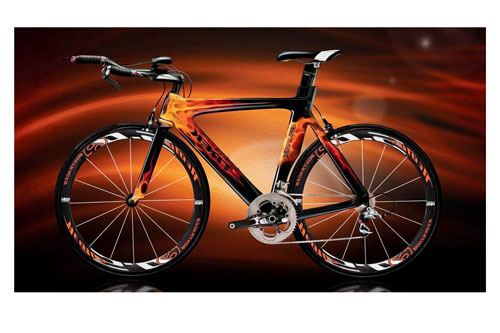Trek Bicycles – A Brief History
Image Courtesy of Trek Bicycles
The Birth of the Trek Bicycle Brand
It Began In a Barn…
The story of Trek bicycles began in 1976 when Richard “Dick” Burke and Bevil Hogg founded the company in a small red barn in Waterloo, Wisconsin.
With a mission to build the best bikes in the world, they chose the name “Trek” to evoke the spirit of adventure and exploration that cycling represents.
In the early months of 1976, fueled by ambition and armed with a team of just five dedicated individuals, Trek embarked on its journey of crafting steel touring frames.
With a clear vision and a mission to challenge the dominance of Japanese and Italian models in the mid to high-end market, Trek set out to create exceptional bicycles.
The inaugural year proved to be a testament to their craftsmanship as nearly 900 meticulously hand-brazed framesets were crafted. Each frame found its way into the hands of eager cyclists for just under $200.
As the year drew to a close, the success and recognition of Trek’s work led to the incorporation of Trek Bicycle.
A significant milestone arrived in 1977 when Penn Cycle in Richfield, Minnesota became the first authorized Trek retailer in the world. This paved the way for future partnerships.
The ensuing years witnessed an incredible surge in sales, with Trek’s revenue approaching a staggering $2,000,000 by 1979! This was the start of the brand’s relentless pursuit of excellence.
Global Reach and Recognition
From its roots in Wisconsin, Trek has expanded its reach to become a globally recognized brand.
Trek bicycles are now available in over 90 countries, with a vast network of dealers and distributors worldwide. The brand’s dedication to excellence has been acknowledged through numerous industry awards and accolades, further solidifying its position as a leader in the cycling industry.
Innovations that Transformed the Industry
Trek quickly established itself as a pioneer in bicycle technology, introducing groundbreaking innovations that revolutionized the cycling world. Some notable milestones include:
- The introduction of the first lightweight steel touring bike, the 720, in the early 1980s, providing riders with a versatile and durable option for long-distance adventures.
- The development of the Trek 2000, one of the first affordable carbon fiber road bikes, in the late 1980s, marking a significant leap in performance and weight reduction.
- The iconic OCLV (Optimum Compaction Low Void) carbon fiber manufacturing process, debuted in 1992, setting new standards for strength, weight, and ride quality.
- The invention of the IsoSpeed decoupler in 2012, a suspension system that provided increased comfort and performance on rough roads, making Trek bikes more versatile and enjoyable.
Image Courtesy of Trek Bicycles
Expanding Product Range and Technology
Trek has continually expanded its product range to cater to a wide variety of cycling disciplines and rider preferences. From road bikes and mountain bikes to electric bikes and gravel bikes, Trek offers a diverse lineup designed to meet the needs of every rider.
The brand has embraced cutting-edge technologies, including electronic shifting, advanced suspension systems, and integration of smart features, ensuring that riders can experience the latest advancements in cycling technology.
Racing Success and Partnerships
Trek’s commitment to performance has been reflected in its successful partnerships with world-class athletes and teams. The brand has witnessed remarkable victories in various disciplines, including road racing, mountain biking, and cyclocross.
Trek’s partnerships have included collaborations with top athletes and teams who have showcased the brand’s capabilities on the global stage. From thrilling road races to exhilarating off-road challenges, Trek has been a formidable presence in the racing world.
Trek’s collaborations with professional cycling teams have seen them achieve outstanding results across a range of competitions. These partnerships have showcased Trek’s dedication to developing bikes that excel in demanding racing environments.
Community and Philanthropy
Trek understands the importance of giving back to the community. Through initiatives like the Trek Foundation, the brand has supported numerous charitable organizations and causes, including youth cycling programs, environmental conservation, and healthcare access.
Trek’s commitment to making a positive impact extends beyond their products and into the communities they serve.
Commitment to Sustainability
Trek has long been dedicated to environmental stewardship and sustainability. In 2007, the brand launched its “One World, Two Wheels” campaign, pledging to help create a more bicycle-friendly world. Trek has also made significant strides in reducing its carbon footprint through initiatives such as recycling programs, responsible manufacturing practices, and support for bicycle advocacy organizations.


